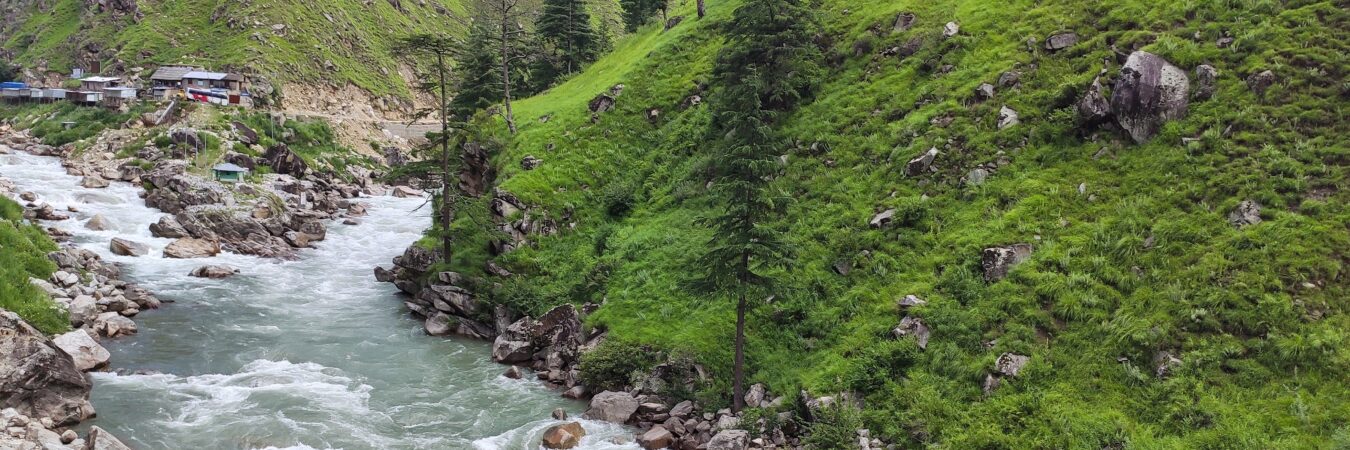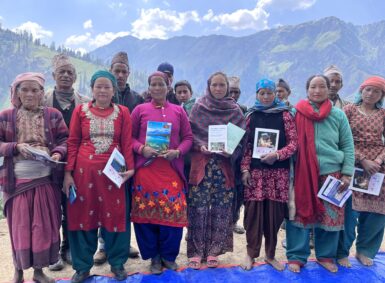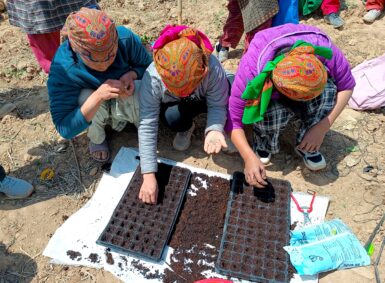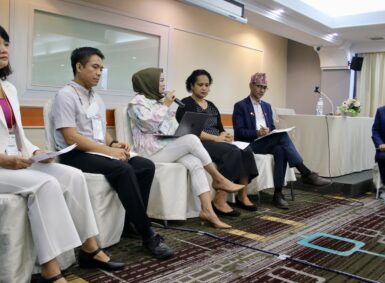
Biodiversity, Ecosystem Services and Climate Change
This program aims to conserve the rich biodiversity of South Asia, which ranges from tropical forests to alpine meadows. It supports a variety of community-led efforts to manage natural resources and bolster climate change adaptation and mitigation, including:
Enterprise-Oriented, Community-Based Forest Management: capacity building of local communities in forest resource assessments, sustainable harvesting, equitable distribution, good governance, and linking conservation with economic development; technical assistance for the development and implementation of sustainable forest management plans that take into consideration the existing status of forest resources and focus on their conservation.
Forest Certification: support to Community Forestry User Groups (CFUGs) interested in obtaining the Forest Stewardship Council (FSC) certification and bringing the environmental management of Nepal’s forests up to the highest international standard. The program works both to raise awareness among non-certified forest managers CGUGs and to build the capacities of those who are already certified. The program also collaborates with other international organizations on the expansion of FSC certification to other ecosystem services at the landscape level.
REDD-plus: provision of social and technical assistance to local forest stakeholders to bring various forest management regimes under REDD mechanisms. The program plays a prominent role in strengthening the capacity of national stakeholders through the conduction of training and workshops, the elaboration and dissemination of guidelines and other informative publications as well as on the ground implementation of pilot projects.
Climate Change Adaptation: strengthening of communities, species and ecosystems’ ability to cope with the impacts of climate change. The program creates or develops local forest stakeholders groups, promotes good governance and facilitates activities to enhance ecological and social resilience. It further supports the diversification of livelihood options for poor and vulnerable groups by increasing food production and income through the establishment of long term linkages with scientific and adaptive forest management schemes as well as incentives-based biodiversity conservation projects.
Agroforestry and Conservation Farming: promotion of suitable agroforestry practices with a focus on poor and landless individuals. These practices help conserve biodiversity, maintain ecosystem services, sustain land productivity/care and reduce poverty. They also contribute to climate change adaptation and mitigation.
Biodiversity Conservation: identification of rare and endangered plant species and their critical habitats as well as the establishment of conservation measures at various levels. The program notably develops participatory biodiversity monitoring tools to promote community-based conservation practices.



